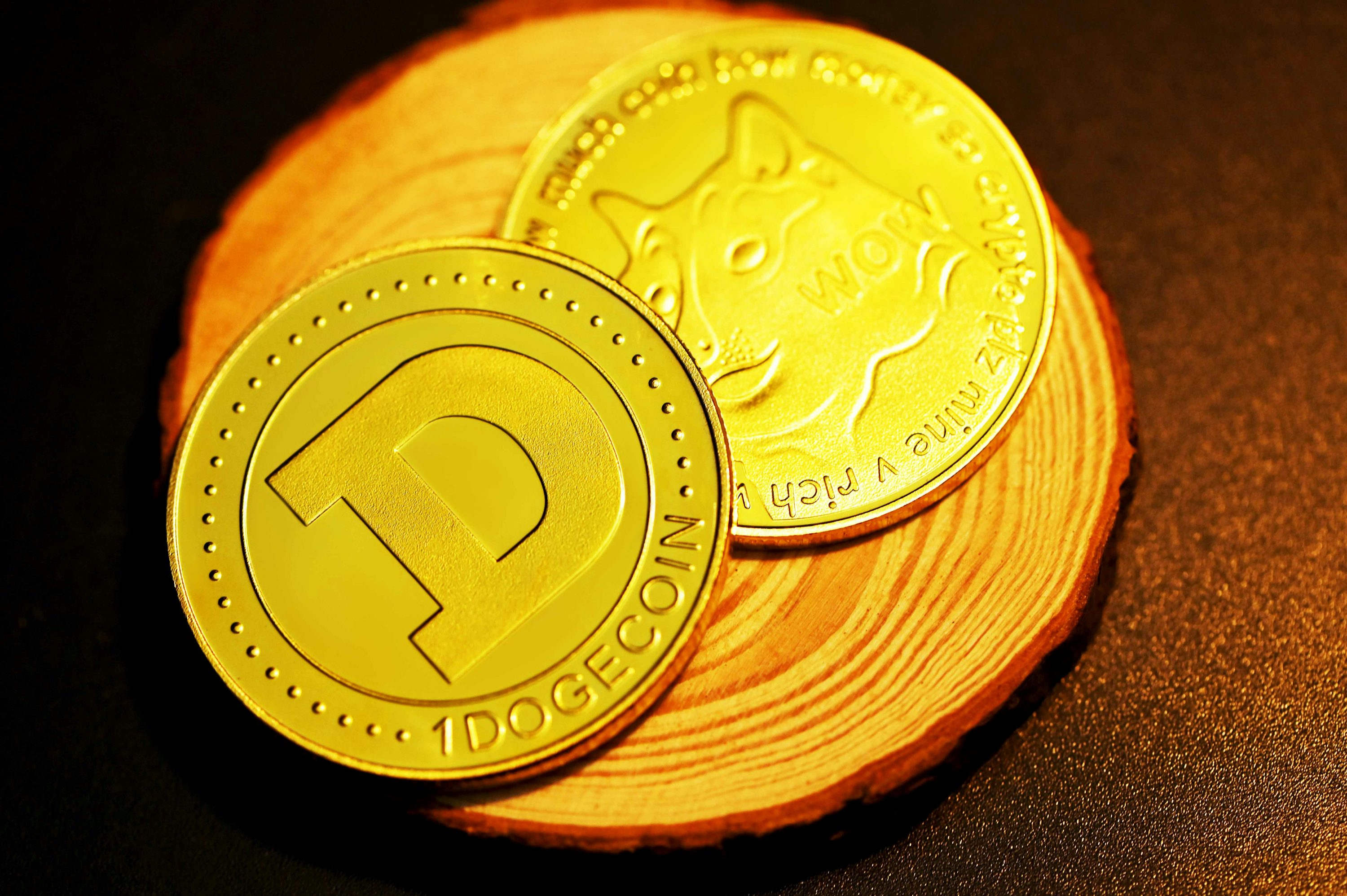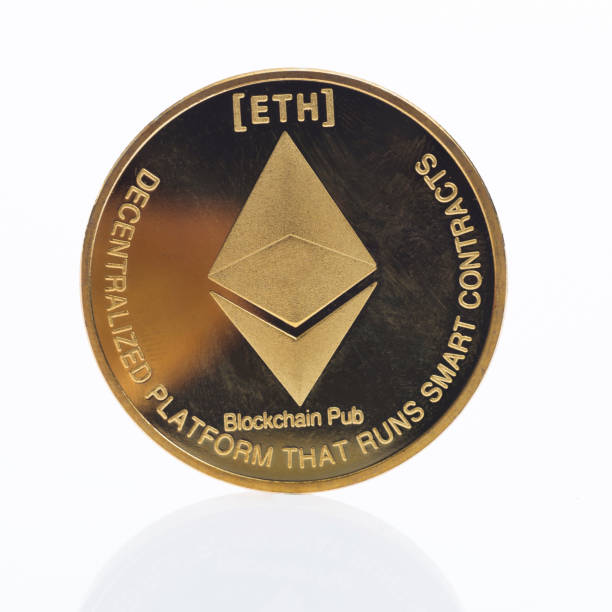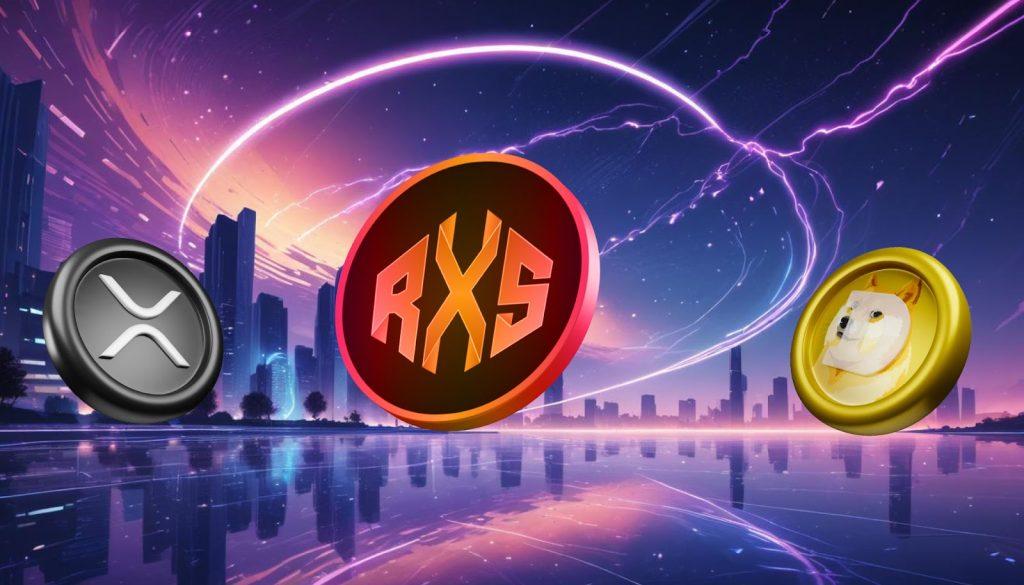Google Wallet (NASDAQ: GOOGL) has unveiled new functionalities for its younger demographic of users, introducing a Tap-To-Pay feature and new collaborations along the way.
Google Wallet’s latest feature will allow kids to make digital payments from their devices with full parental supervision, according to the tech giant. Under the offering, children can make payments by leveraging near-field communication (NFC) technology on their devices.
The feature offers a raft of benefits for kids, with security and efficiency being the top priorities. Children can pay for library cards and event tickets in one simple tap without the hassle of complex pins.
Google Wallet has parental controls integrated into its latest offerings, with parents receiving instant alerts for every transaction. Furthermore, payment cards for the Google Wallet can only be added with the parent’s informed consent.
Using Family Link, parents can seamlessly track their children’s purchases, disable access to digital passes and remove or update their payment cards.
The feature will be available for users in the United States, the United Kingdom, Spain, Australia, and Poland, with a global rollout for the digital wallet scheduled for a later date.
In another development, GoHenry by Acorns, a financial education application, has partnered with Google Wallet to push the frontiers of payment for kids. The new collaboration will see GoHenry integrated into the Fitbit Ace LTE kid smartwatch, enabling payment functionalities.
Without compromising security, parents can add the GoHenry card to Google Wallet and complete the integration to the Fitbit Ace app. Children can make payments with their smartwatch using its Tap To Pay functionalities powered by NFC upon setting parental controls.
“Our collaboration with Google Wallet brings this to life on a wearable payment device, embodying our mission to make every kid smart with money and providing parents with more tools to nurture healthy habits in their kids,” said Acorn’s CEO Noah Kerner.
Digital payment initiatives move forward
Visa study confirms growing security awareness with digital payments in Kuwait
In other news, a new study by payment giant Visa (NASDAQ: V) has revealed a growing trend of security awareness in Kuwait amid a wave of digitization in finance.
The Stay Secure study surveyed nearly 5,800 individuals in Central Europe, the Middle East, and Africa (CEMEA). Kuwait stood out from the rest of the regions, with 94% of respondents taking keen precautions “to secure their digital transactions.”
Per the report, a growing number of Kuwaitis are protecting their digital transactions from bad actors. Despite the keen interest, 44% of residents in Kuwait have limited knowledge about fraud detection.
Neil Fernandez, Visa’s Head of Risk in the Middle East and Africa, disclosed that Kuwait is the region’s leader in terms of security awareness for digital transactions.
“The digital payments arena is rapidly evolving, and consumers in Kuwait are demonstrating a strong willingness to adopt digital payment methods while becoming more aware of the importance of taking precautionary measures,” said Fernandez.
Kuwaitis are using different strategies to protect themselves during digital transactions. Residents rely heavily on two-factor authentication (2FA) and the additional use of one-time passwords (OTP).
As an added layer of protection, Kuwait leans on secure payment systems, generally preferring mainstream options over digital assets. Furthermore, awareness campaigns by financial regulators operate as an additional layer of protection for residents.
Despite the push, 44% of respondents still say they have fallen victim to payment fraud.
“The Stay Secure study sheds light on customer preferences, offering Visa important information to develop trust-building strategies and education materials that empower customers to detect fraud,” said Visa’s Vice President and General Manager for Kuwait and Qatar, Shashank Singh.
A growing appetite for digitalization
Despite a blanket ban on digital assets, Kuwait’s payments industry is focusing on embracing emerging technologies for digitalization. Kuwait is exploring the viability of a CBDC to augment existing payment alternatives.
On the other hand, Visa is moving forward with integrating blockchain into its offerings. In 2023, the payment giant shared that it’s working on a blockchain-based CBDC project for farmers in Brazil, eyeing decentralized funding and increased transparency.
Watch: Universal Blockchain Asset unlocks the future of payments
















 English (US) ·
English (US) ·